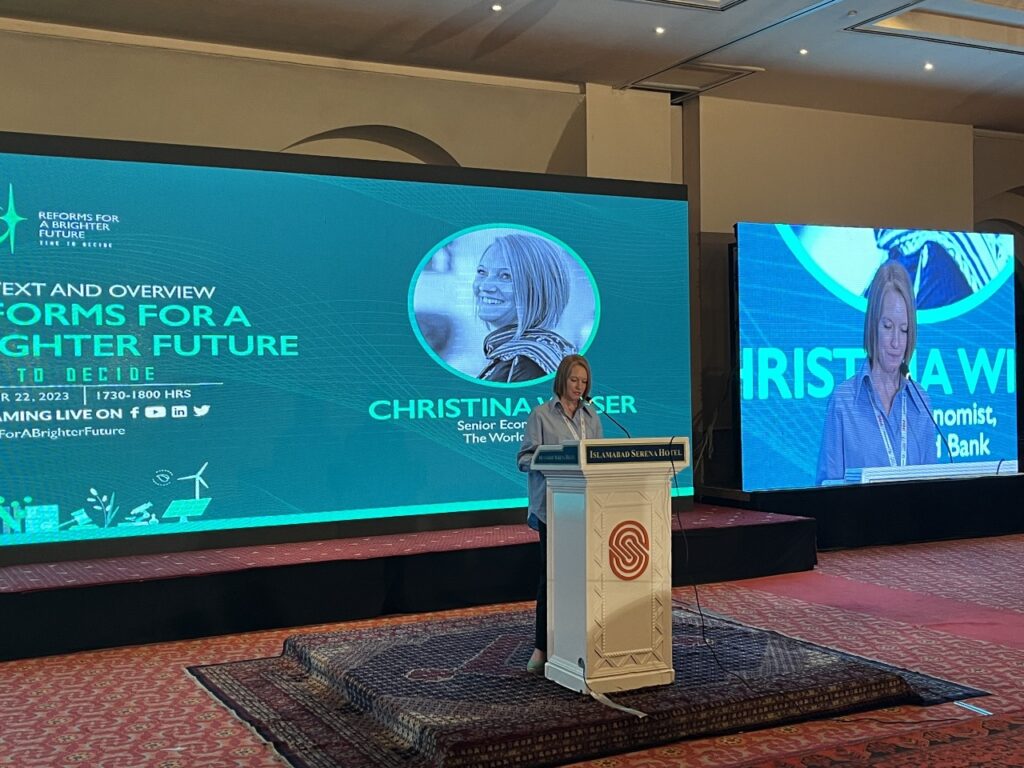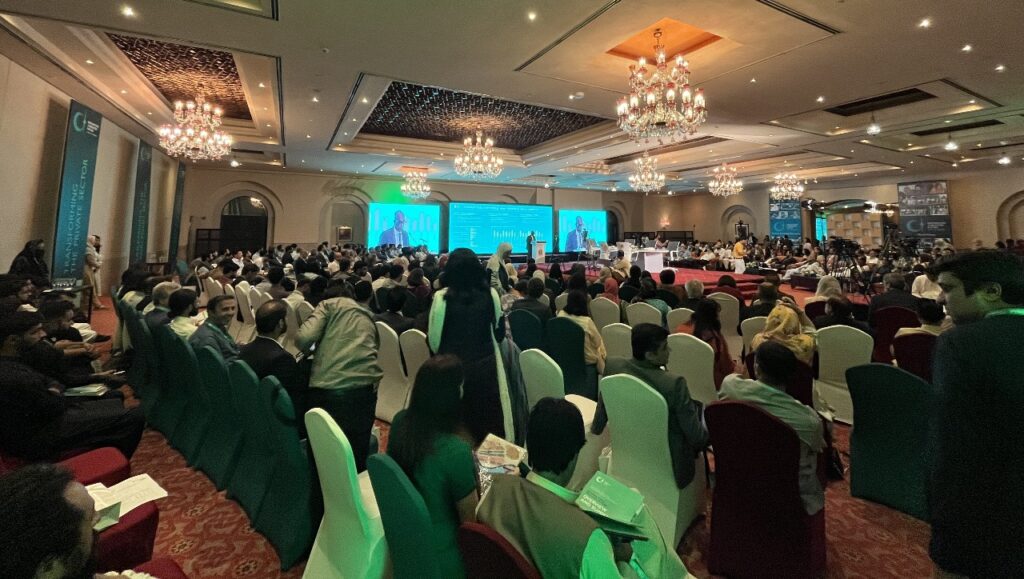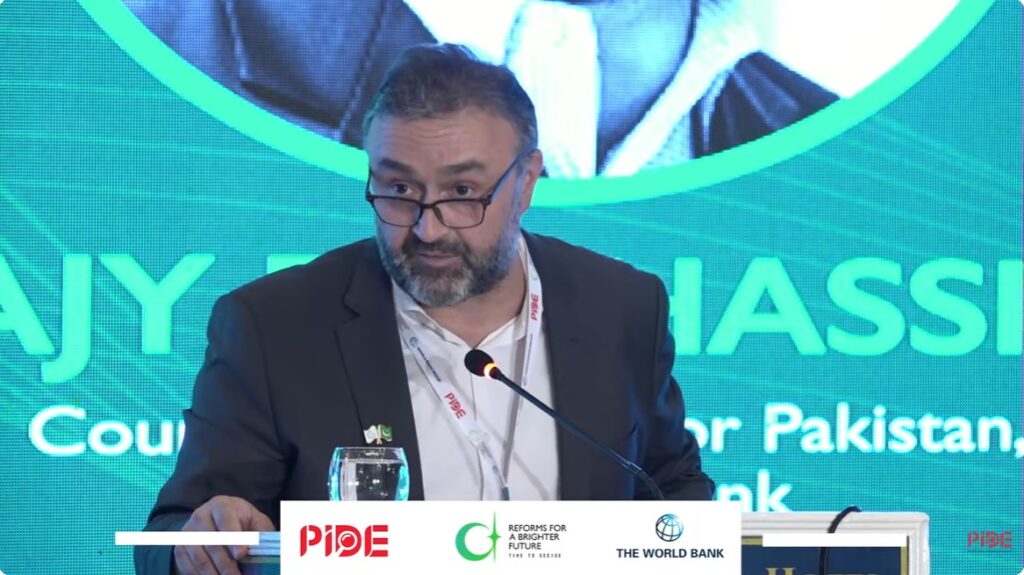ISLAMABAD, September 22, 2023—The World Bank has launched a new program to foster debate on the critical development policy issues facing Pakistan. ‘Reforms for a Brighter Future: Time to Decide’ is intended to engage in discussions with a broad range of stakeholders on what fundamental policy shifts are most needed to durably steer the economy towards stronger, more climate-resilient and sustainable growth and development.
This consultation program includes the publication, today, of a series of draft Discussion Notes. These will be progressively enriched by feedback received from a broad range of stakeholders. The Notes, which draw on international experience as well as a large body of evidence on Pakistan, propose fundamental policy shifts that are needed to move away from the current low-growth, anti-development status quo:
- From underfunded, inefficient, and fragmented service delivery and social protection systems towards coordinated, efficient, and adequately financed service delivery, targeting the most vulnerable—in particular to reduce abnormally high child stunting rates and to increase learning outcomes for all children, especially for girls.
- From wasteful and rigid public expenditures benefiting a few, towards tightly prioritized spending on public services, infrastructure, and investments in climate adaptation, benefiting populations most in need.
- From a narrow, distortive, and inequitable tax system towards one that is broad-based, efficient, progressive, and equitable—generating sufficient revenues to significantly increase public investment in human development, infrastructure, and climate adaptation.
- From a protected, stagnant, and unproductive economy with a large state presence towards a dynamic open economy driven by private investment and exports.
- From agriculture sector policies that lock farmers into a low-value, low-productivity farming towards a more market-driven, productive agricultural system, including value chains that are resilient to climate change impacts and water scarcity.
- From energy sector policies that drive high energy costs, environmental harms, and unsustainable accumulation of debt, towards efficient, sustainable, and resilient generation and distribution, based on accurate price signals, increased competition and private participation, and a cleaner energy mix.
- From a public sector that is inefficient, often ineffective, and vulnerable to capture by vested interests towards accountable, efficient, and transparent government, including at the local level.

“Pakistan has been facing numerous economic hardships including inflation, rising electricity prices, severe climate shocks, and insufficient public resources to finance development and climate adaptation—when the country is among the most vulnerable to climate change impacts. It is also facing a “silent” human capital crisis: abnormally high child stunting rates, low learning outcomes, and high child mortality.”, said Najy Benhassine, Country Director for the World Bank in Pakistan. “These discussion notes contribute to debates on long standing policy issues that are muting Pakistan’s high economic and development potential. There is reasonable consensus on priorities and challenges. Determining specific solutions requires open debates on concrete, fundamental policy decisions. We hope this program of discussions will help build a consensus around a path towards inclusive, sustainable, and climate-resilient development”.

As part of the ‘Reforms for a Brighter Future’ engagement program, the World Bank together with the Pakistan Institute of Development Economics, conducted extensive consultations across the country to seek inputs and feedback on the recommendations included in the draft Discussion Notes. These have included discussions with students across 21 universities and provincial roundtables with thinkers from academia, and the public and private sectors. Participants in all four provinces have shared insights and perspectives that have helped shaped the understanding of what it would take to put Pakistan back on a path towards sustainable, climate-resilient, and inclusive growth. The ‘Reforms for a Brighter Future’ program will continue over the following months both online and at in-person events across the country, including the national conversation that will take place in Islamabad today and tomorrow.
